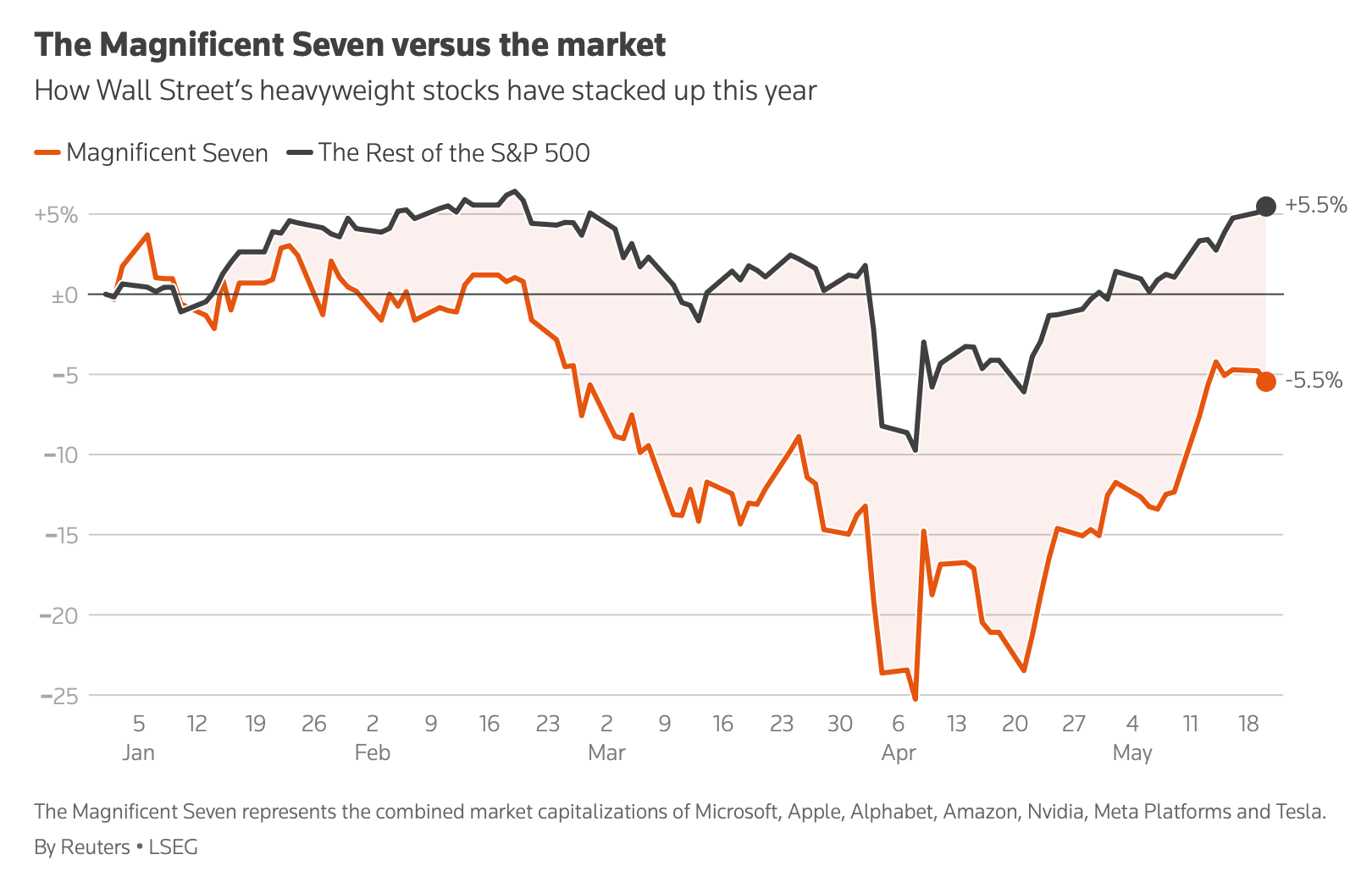Cleo
The heritability of hope — Although hope is recognized as an important character strength positively associated with psychological health and well-being, little is understood about the contributions of genetics relative to the environment in shaping individual differences. Structural equation modelling estimated a 41–43 % heritability for trait hope, with the remaining variance (57–59 %) being attributed to the unique environment.
Causal explanations are a key component of human cognition. […] despite our limited understanding of why certain events occur, people throughout human history and across diverse societies have seldom invoked “chance” — a concept that has gained significant importance in contemporary, modern societies — as an explanation. Instead, they frequently propose putative causal relationships or posit intermediary entities such as “luck” to account for why specific events unfold within their particular spatial-temporal contexts. I discuss the psychological, cognitive, and cultural evolutionary factors that hinder the development of chance-based explanations and argue that the conceptualization of chance as something measurable and its subsequent acceptance as a legitimate explanation emerged relatively late in human history, marking a pivotal intellectual shift with profound implications on how we perceive and manage uncertainty in our daily lives.
“We are far more similar than anyone would ever believe. But we are so quick to see the differences” –the man who visited every country in the world – without boarding a plane
In a review published last week in the American Journal of Clinical Nutrition, scientists came to a concerning conclusion. Red meat appeared healthier in studies that were funded by the red meat industry. […] Past research funded by the sugar industry, for instance, has downplayed the relationship between sugar and health conditions like obesity and heart disease. And studies funded by the alcohol industry have suggested that moderate drinking could be part of a healthy diet. […] eating saturated fats, which are abundant in red meat, has been associated with cardiovascular disease […] Of the 44 studies the scientists analyzed, 29 received funding from red-meat-related industry groups. The remaining 15 trials were funded by government grants, academic institutions or nonprofit foundations with no industry links. Researchers found that the trials with funding from the red meat industry were nearly four times as likely to report favorable or neutral cardiovascular results after eating unprocessed red meat when compared with the studies with no such links. [NY Times]
Drinking any type of alcohol, in any amount, is bad for health. […] When you have a drink, your body turns the ethanol that’s present in the alcoholic beverage into a “really nasty substance” called acetaldehyde, which can damage your DNA. […] Many tissues in the body, including those in the mouth, throat, liver, colon and breasts, are susceptible to this harm. And when that DNA gets repaired, cancerous mutations may arise. This is why drinking increases the risk for developing at least seven types of cancer. […] Excessive alcohol use — which includes having eight or more drinks per week for women or 15 or more per week for men; or four or more drinks per occasion for women or five or more for men — is also linked with many other health conditions. These include heart and liver disease, depression, anxiety and memory problems. […] look at a drink’s alcohol by volume, or A.B.V. […] In general, beer has less ethanol than wine per ounce, and wine has less than liquors like vodka and tequila […] A standard 12-ounce pour of a 5 percent A.B.V. beer typically has the same amount of ethanol as five ounces of a 12 percent wine or 1.5 ounces (or a shot) of a 40 percent liquor. [NY Times]
More cops kill themselves every year than are killed by suspects. At least 184 US public-safety officers die by suicide each year. [NY Times]
A Devastating New Exposé of Johnson & Johnson Indicts an Entire System — An investigative history of the scandal-plagued company shines a light on a health care industry riddled with corruption and criminality
‘Every person that clashed with him has left’: the rise, fall and spectacular comeback of Sam Altman
Cleo was the pseudonym of an anonymous mathematician active on the mathematics Stack Exchange from 2013 to 2015, who became known for providing precise answers to complex mathematical integration problems without showing any intermediate steps. Due to the extraordinary accuracy and speed of the provided solutions, mathematicians debated whether Cleo was an individual genius, a collective pseudonym, or even an early artificial intelligence system.



